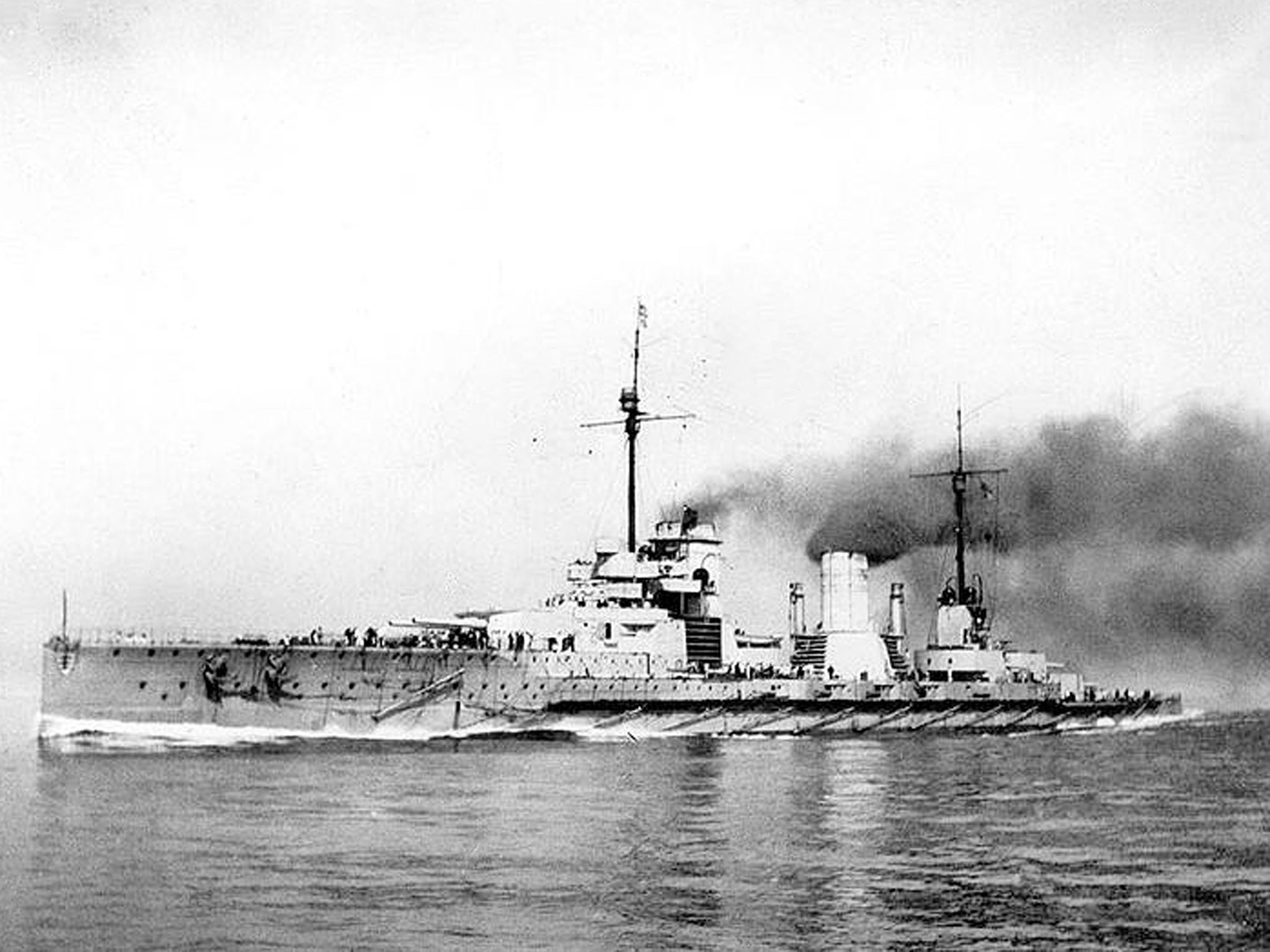100 years on from Germany's first attack on British soil: The day the Great War 'disturbed the fisher-folk of Yarmouth'
German warships first fired on British shores on 3 November 1914 – but the raid turned into something of a damp squib

Just three months after Britain had entered the conflict the residents of Great Yarmouth awoke to discover the Great War on their doorstep.
Too wary of the powerful British fleet to risk open battle, the German navy opted for small-scale operations to lay mines in North Sea and shell the British coast – after a disastrous attempt to rig the Thames with mines backfired the East Anglian seaside resort was their next target.
According the Robert K. Massie’s book Castles of Steel, the German force of eight ships reached Yarmouth Bay at 6.30am, where it encountered just two small British vessels, Halycon and Lively. Although they posed little threat, they succeeded in delaying their enemy and while remaining relatively unscathed.
Frustrated by their ineffectual attempts to sink their modest adversaries, the German fleet fired a few half-hearted shells towards Yarmouth before turning back to sea. Their shots harmlessly hit the beach, averting any civilian casualties.
Despite the initial shock of seeing enemy ships so close to the British coast, locals were unimpressed by the half-hearted attack. An eyewitness account recalled by the Eastern Daily Press remarked: “If it was a bombardment of the town it was a very poor half-hearted effort,” which served only “to cause breakfasts to be left almost untouched”.
Winston Churchill, then First Lord of the Admiralty, described the German raid as a “silly demonstration”. He stated: “The last thing it seemed possible to believe was that first-class units of the German fleet would have been sent across the North Sea to disturb the fisher-folk of Yarmouth.”
The British submarine D-5 struck a mine as it attempted to enter the fray and sank instantly, losing all but four of its crew. The German cruiser Yorck was also sunk by mines as it returned home, costing the lives of 235 men.
In Germany, attempts were still made to cast the abortive raid as a triumph. The commanding officer, Admiral Hipper, was even bestowed the prestigious Iron Cross by Kaiser Wilhelm II, which, out of embarrassment, he refused to wear.
Great Yarmouth would suffer more seriously at the hands of the Germans later in the war – the town is believed to be the first to have suffered a casualty from an aerial bombardment, during a zeppelin attack in January 1915.
Join our commenting forum
Join thought-provoking conversations, follow other Independent readers and see their replies
Comments
Bookmark popover
Removed from bookmarks